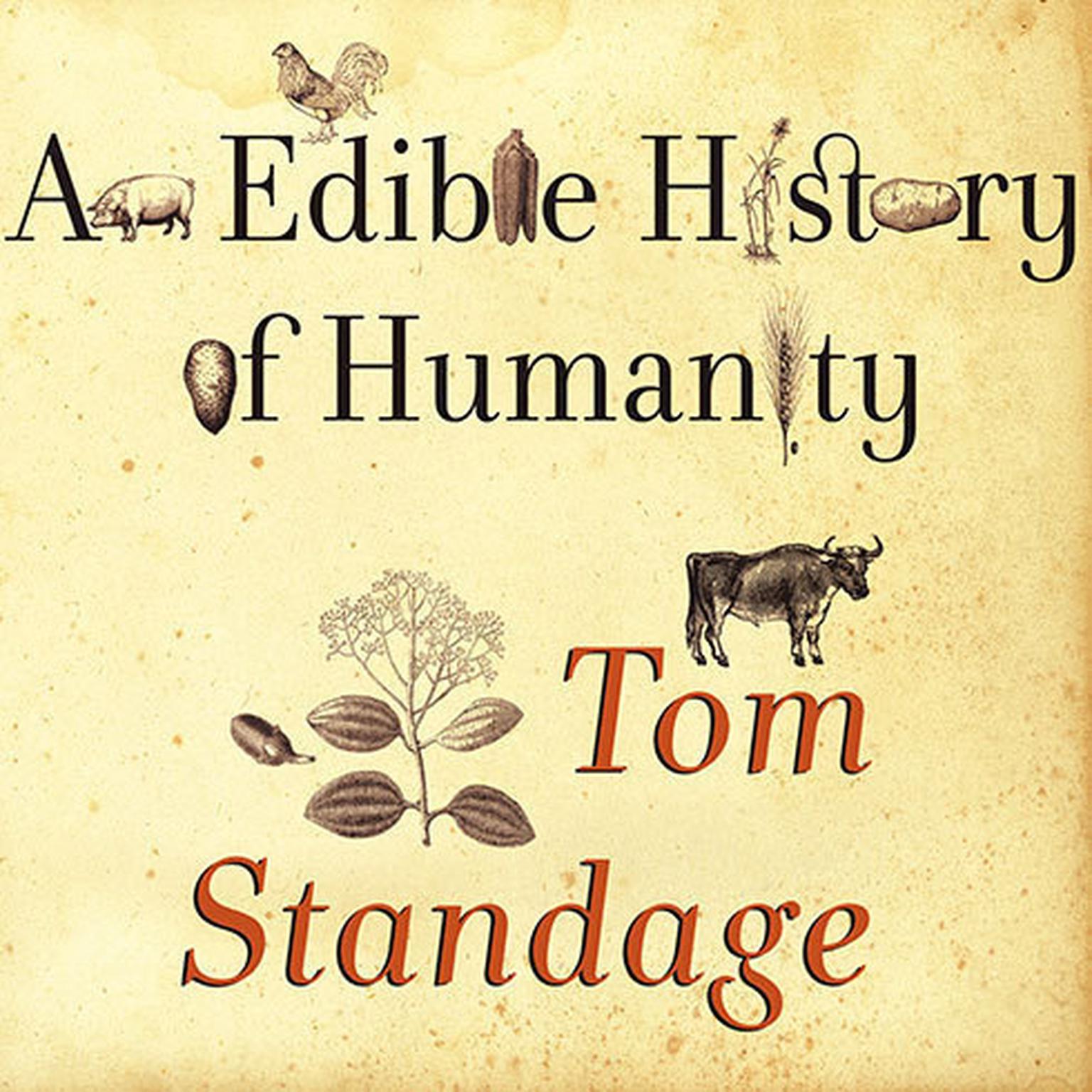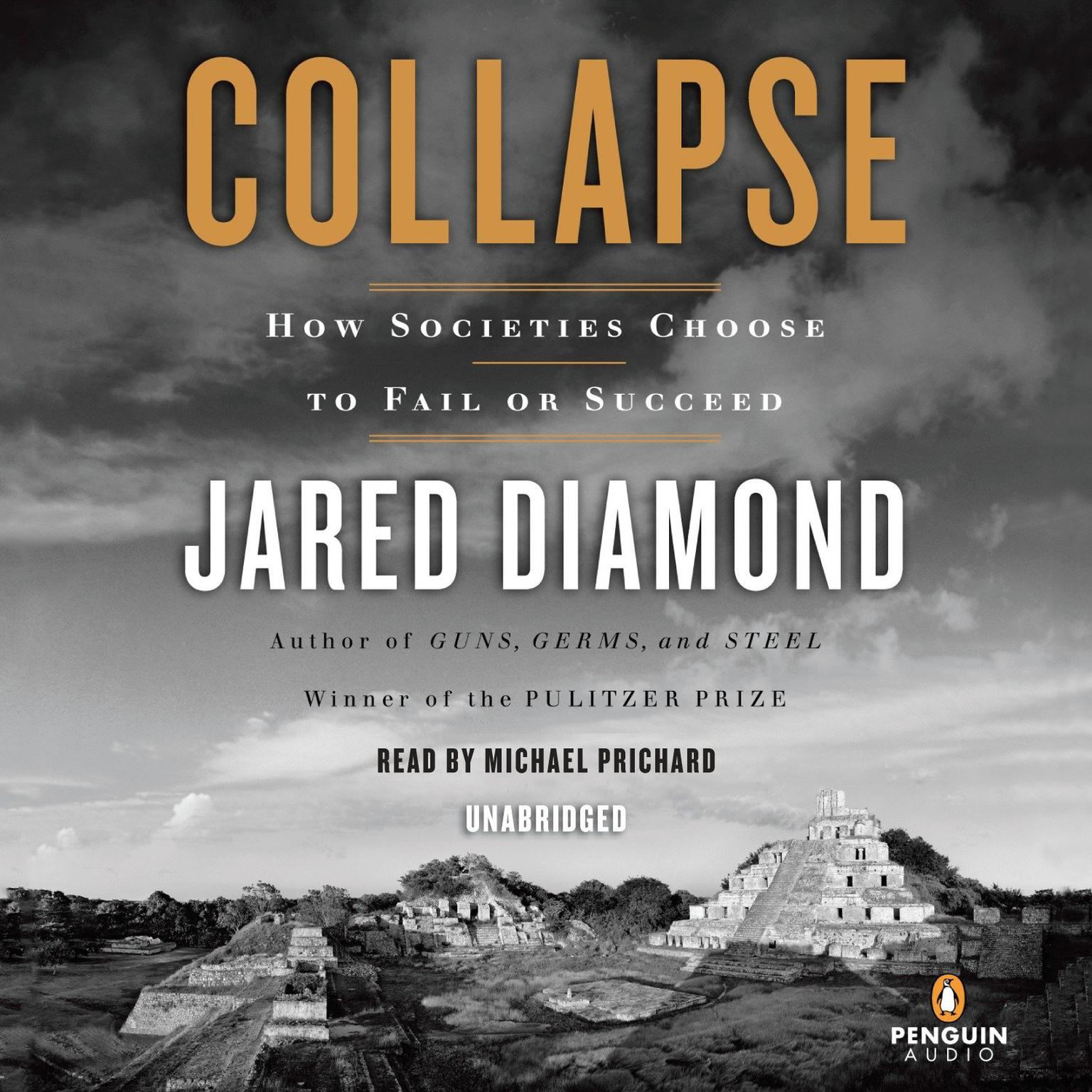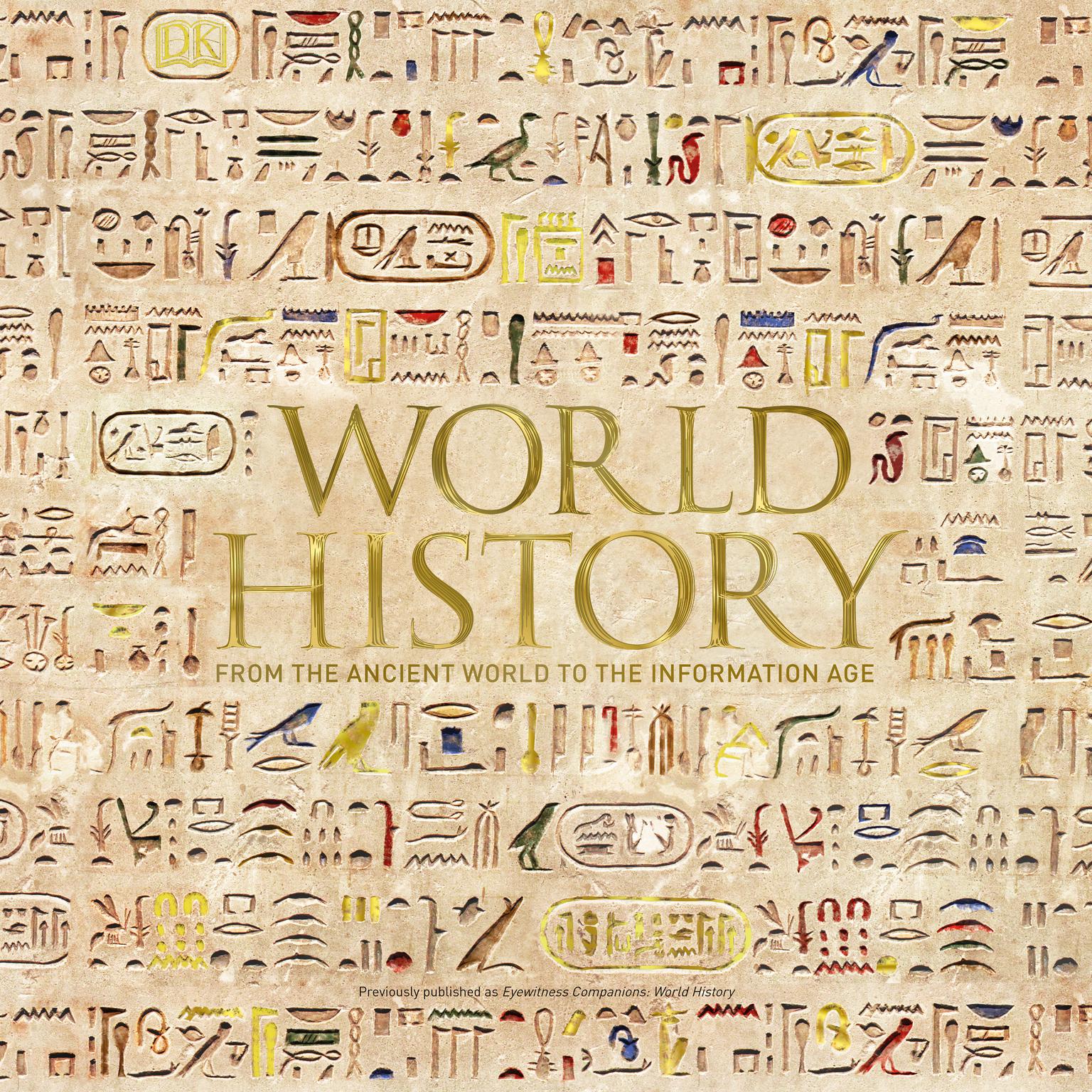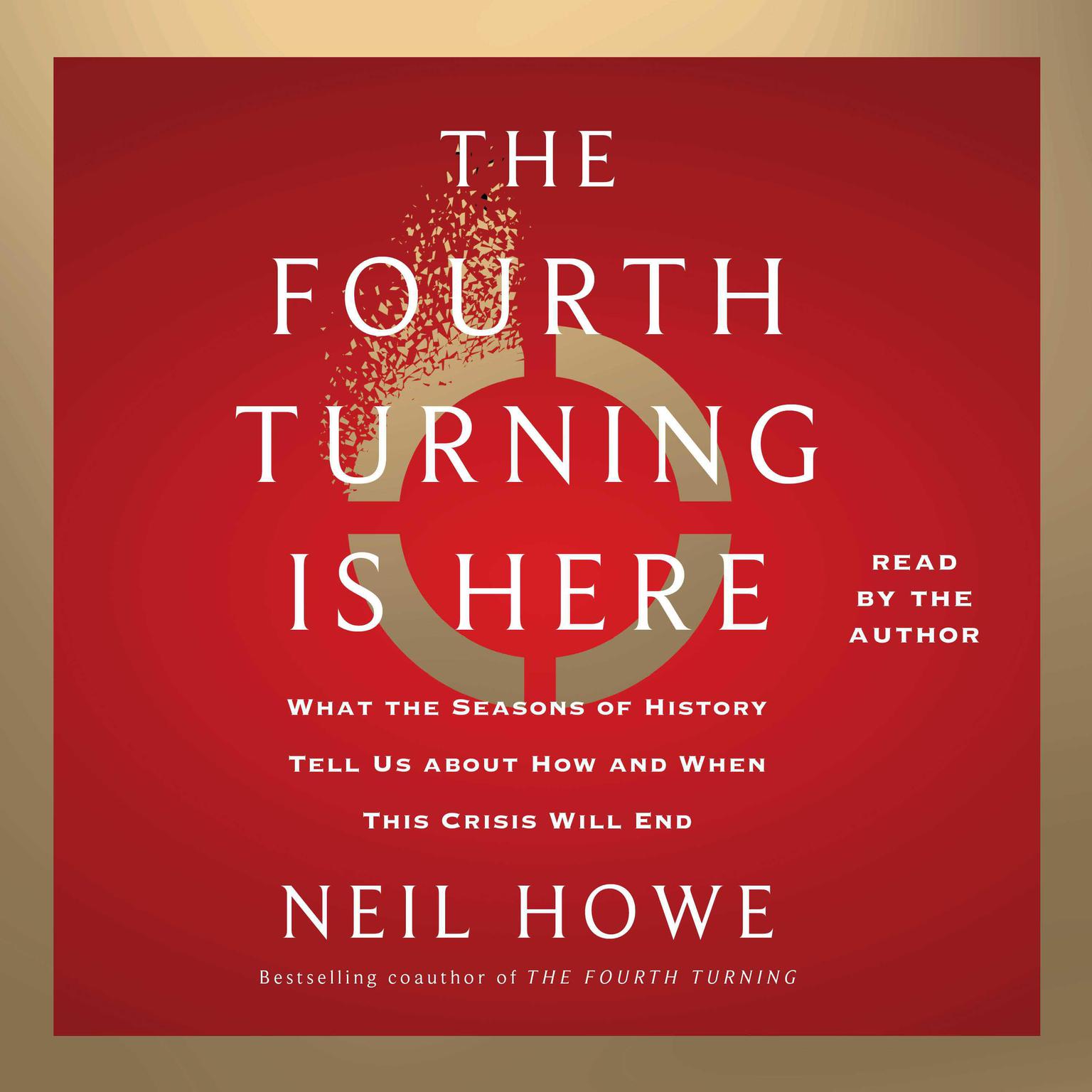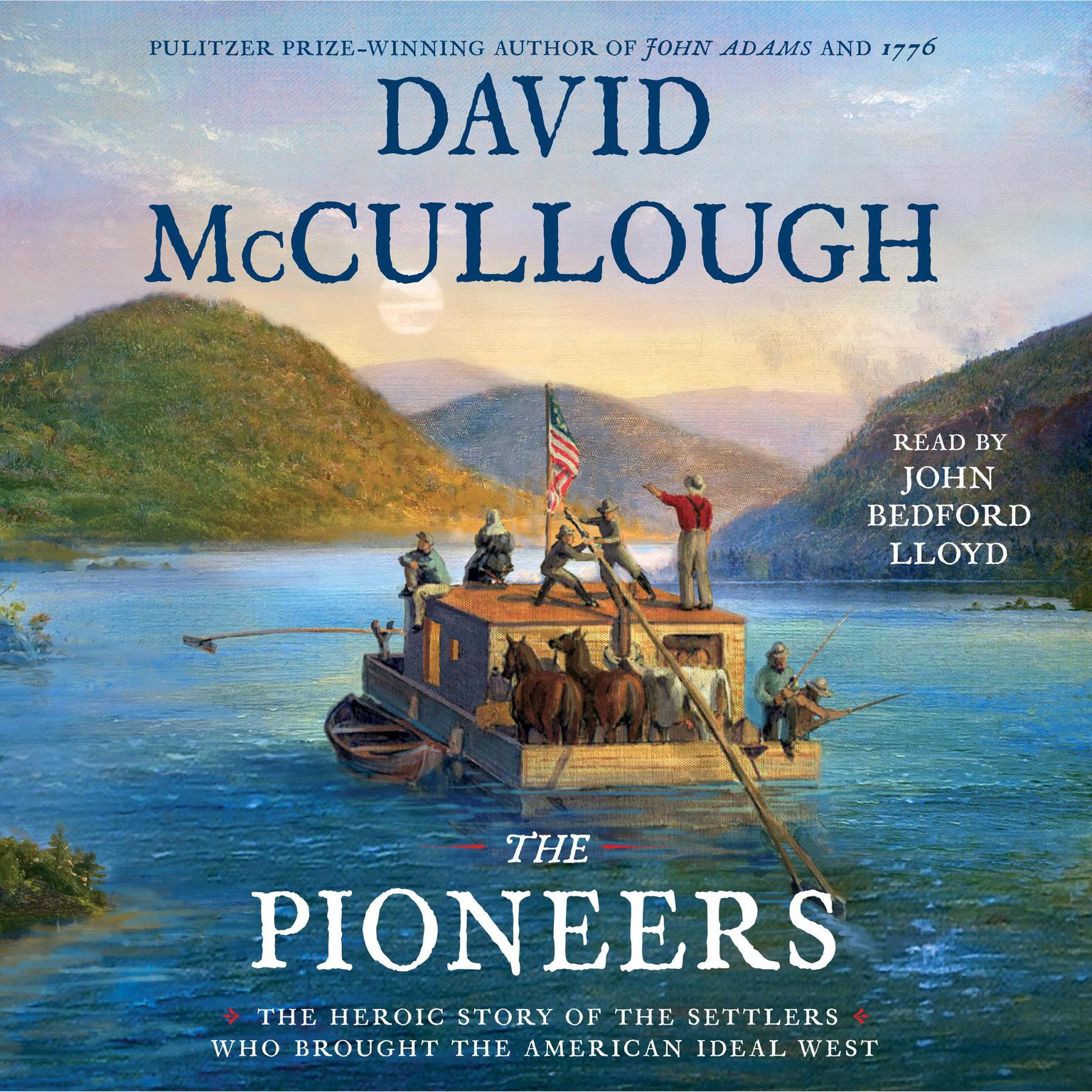Publisher Description
Throughout history, food has acted as a catalyst of social change, political organization, geopolitical competition, industrial development, military conflict, and economic expansion. An Edible History of Humanity is a pithy, entertaining account of how a series of changes—caused, enabled, or influenced by food—has helped to shape and transform societies around the world.
The first civilizations were built on barley and wheat in the Near East, millet and rice in Asia, and corn and potatoes in the Americas. Why farming created a strictly ordered social hierarchy in contrast to the loose egalitarianism of hunter-gatherers is, as Tom Standage reveals, as interesting as the details of the complex cultures that emerged, eventually interconnected by commerce. Trade in exotic spices in particular spawned the age of exploration and the colonization of the New World.
Food’s influence over the course of history has been just as prevalent in modern times. In the late eighteenth century, Britain’s solution to food shortages was to industrialize and import food rather than grow it. Food helped to determine the outcome of wars: Napoleon’s rise and fall was intimately connected with his ability to feed his vast armies. In the twentieth century, Communist leaders employed food as an ideological weapon, resulting in the death by starvation of millions in the Soviet Union and China. And today the foods we choose in the supermarket connect us to global debates about trade, development, the environment, and the adoption of new technologies.
Encompassing many fields, from genetics and archaeology to anthropology and economics—and invoking food as a special form of technology—An Edible History of Humanity is a fully satisfying discourse on the sweep of human history.
Download and start listening now!
“This was a really fascinating look at history…..”The author shows how one of humanity’s most vital needs (hunger) didn’t simply reflect but served as the driving force behind transformative and key events in history. Dividing the vast subject into six general sections (such as food’s role in the development of societies and social hierarchies, its impact on population and industrialization, and its uses as a weapon both on the battlefield and off), Standage illustrates each section with historical examples and observations. Some topics, like the spice trade’s encouragement of exploration, are fairly obvious choices, but the concise style and inclusion of little-known details keep the material both entertaining and enlightening. Perhaps the most interesting section is the final one, which looks at the ways in which modern agricultural needs have acted as a spur for technological advancement, with Standage providing a summary of the challenges still faced by the green revolution.”…another book I listened to but wanted to buy!”
—
Pat (4 out of 5 stars)
